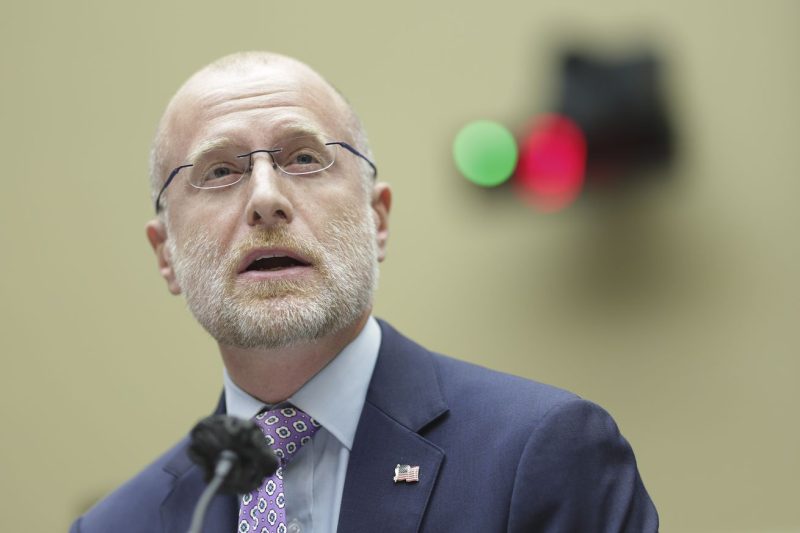In a recent turn of events regarding the leadership at the Federal Communications Commission (FCC), President Donald Trump has named Brendan Carr as the head of the organization. This decision comes amidst a backdrop of evolving technology landscapes and regulatory challenges within the telecommunications sector. As Carr steps into this crucial leadership role, numerous implications are expected to arise, shaping the future direction of the FCC.
Brendan Carr’s background and experience in the telecommunications industry position him as a suitable candidate for leading the FCC. With an extensive tenure within the FCC itself, including serving as the General Counsel and Commissioner, Carr brings a deep understanding of the regulatory framework governing communications in the United States. His familiarity with the inner workings of the FCC equips him to navigate complex issues and drive impactful policy changes.
One of the key areas that Carr is likely to focus on during his tenure as the FCC leader is 5G technology deployment. The race to 5G has become a global priority, with countries vying for leadership in this transformative technology. Carr’s leadership is expected to accelerate 5G deployment in the United States, ensuring that the country remains competitive in the global technological landscape. This emphasis on 5G is crucial not only for fostering innovation and economic growth but also for enhancing connectivity and communication infrastructure nationwide.
Moreover, Carr’s appointment is poised to influence the regulatory environment surrounding internet services and digital platforms. As the debate over net neutrality, privacy regulations, and content moderation continues, Carr’s leadership will play a pivotal role in shaping the FCC’s stance on these critical issues. Balancing the interests of consumers, businesses, and industry stakeholders, Carr’s decisions are anticipated to have far-reaching consequences on the digital ecosystem.
Another aspect that Carr is expected to address is expanding broadband access to underserved and rural communities. The digital divide remains a pressing concern in the United States, with disparities in internet connectivity hindering opportunities for education, healthcare, and economic growth. By prioritizing initiatives aimed at bridging this gap, Carr can work towards ensuring equitable access to high-speed internet for all Americans.
In conclusion, Brendan Carr’s appointment as the FCC leader marks a significant development in the realm of telecommunications policy and regulation. With a strong background in the industry and a track record of advocating for innovation and competition, Carr is well-equipped to lead the FCC in addressing the challenges and opportunities that lie ahead. His strategic vision, coupled with a nuanced understanding of the evolving technological landscape, positions him as a key player in shaping the future of communications in the United States.






























